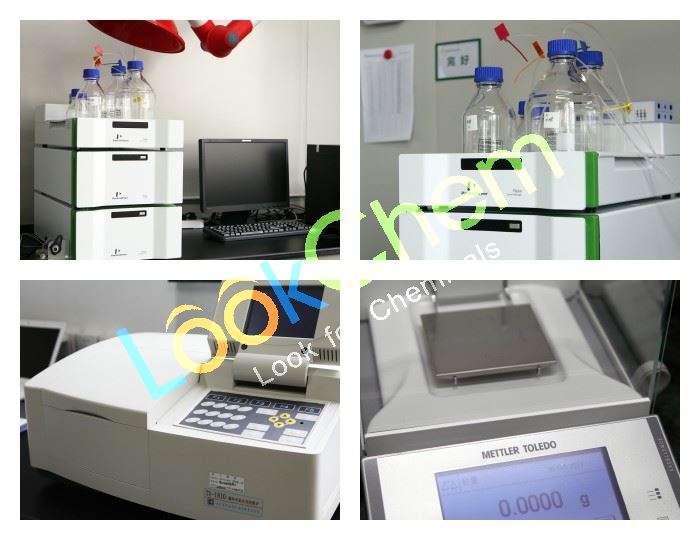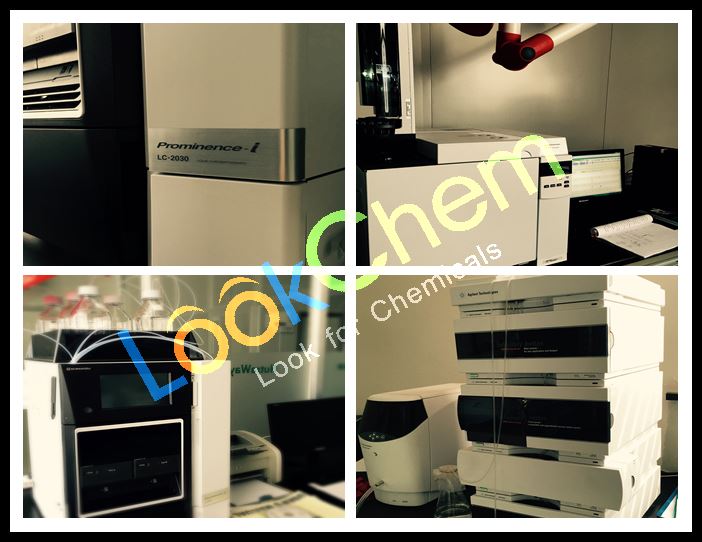- Min.Order :1 Kilogram
- Purity: 5:1, 10:1
- Payment Terms : L/C,D/A,D/P,T/T,
Keywords
Barley Tea Powder natural Barley Tea Powder high quality Barley Tea Powder
Quick Details
- Appearance:Brown yellow fine powder
- Application:health food
- PackAge:Food grade multiplayer polyethylene bags, 25kg in one type cardboard drum
- ProductionCapacity:300|Kilogram|Month
- Storage:Store in a cool dry place, avoiding sunlight directly
- Transportation:DHL/by sea
Superiority:
Barley Tea Powder
Roasted barley tea is a caffeine-free, roasted-grain-based infusion made from barley, which is popular in Korean, Chinese, andJapanese cuisine. It is also used as a caffeine-free coffee substitute in American cuisine. Barley water is a popular traditional soft drink in Britain.
Roasted barley tea is called mugicha in Japanese, dàmàichá or màichá in Mandarin Chinese, and boricha in Korean. In Japan it is generally regarded as a cooling beverage, while in Korea and China it is served year-round, warm insummer and cool in winter. Originally, roasted barley seeds were stewed in warm water (this is still the method generally used in Korea), but tea bags containing ground barley became more popular during the early 1980s; this is now the norm in Japan. It can be found from many different distributors in vending machines all over Japan.
In Korea, roasted unhulled barley is used to prepare the tea. Often the barley is combined with oksusu cha (roasted corn), as the corn's sweetness offsets the slightly bitter flavor of the barley. A similar drink, made from roasted brown rice, is called hyeonmi cha.
Roasted barley tea, sold in ground form and sometimes combined with chicory or other ingredients, is also sold as a coffee substitute.
Where will Instant Barley Tea Powder be used to
Overview
Individuals interested in beverages with therapeutic properties may be intrigued by roasted barley tea, known in Japanese as mugicha or in Korean as boricha. Barley tea is available in loose grains, tea bags or prepared tea drinks. It is traditionally used for detoxification, to improve digestion and for urinary tract infections, among other applications. While these uses have not been proven by scientific research, barley tea has other health-promoting properties.
Antibacterial
Roasted barley tea interferes with the absorption of oral streptococci, states the December 2006 issue of the "Journal of Agriculture and Food Chemistry." Italian researchers exposed pretreated ceramic beads mimicking tooth enamel to bacteria and the tea in various combinations, discovering that the tea inhibited bacterial colonization and adhesion. Researchers noted that one chemical known for its anti-adhesive properties was absent in barley tea which was not roasted.
Antioxidant
Barley tea has antioxidant properties, notes the December 2004 issue of "Bioscience, Biotechnology, and Biochemistry." A team of Japanese researchers from Shizuoka University analyzed the chemical components of barley tea and their effects on peroxynitrite. This unstable oxidant can lead to cell death and health complications including cardiovascular, inflammatory and neurodegenerative diseases, explains nature.com. The research team determined the presence of 10 chemicals within barley tea which were able to scavenge, or destroy, the peroxynitrite.

Quality data
Microbiological data
Addition data
Details:
PACKAGING

FACTORY






FAQ
If you have any question when you contact or before place an order to us, please first check the below information for reference. You can find information that can help you decide whether your product or related accessory needs service, and see what service options are available to you.
You Might Also Like
Related Searches
About|Contact|Cas|Product Name|Molecular|Country|Encyclopedia
Message|New Cas|MSDS|Service|Advertisement|CAS DataBase|Article Data|Manufacturers | Chemical Catalog
©2008 LookChem.com,License: ICP
NO.:Zhejiang16009103
complaints:service@lookchem.com Desktop View